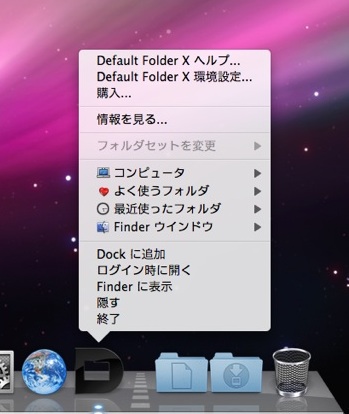

- #Default folder x and slack install#
- #Default folder x and slack update#
- #Default folder x and slack zip#
The aoijson tool is the same tool used in the Planet-EE CLI within the pbatch bundle allows you to bring any existing KML, Zipped Shapefile, GeoJSON, WKT or even Landsat Tiles to a structured geojson file, this is so that the Planet API can read the structured geojson which has additional filters such as cloud cover and range of dates. Pbatch planetkey is the obvious one which is your planet API key and will allow you to store this locally to a session. We will go through each of them in the order of use So a non-monolithic design in some sense to make sure the pieces work. They are still a set of individual tools to make sure that one operation is independent of the other and does not break in case of a problem. To be clear these tools were designed based on what I thought was an effective way of looking at data, downloading them and chaining the processes together. In case you ever forget your API keys or need it again you can access all installed applications/bots and oauth tokens here. In our case these are tied into individual tools within the batch toolkit we just installed. Once this is done your bot is now setup to message you when a task is completed. Pbatch sbot Use “ Bot User OAuth Access Token” generated earlier If you want more control over being able to delete slack messages you would want to generate a token here and use that as the pbatch smain token. Pbatch smain Use the “ OAuth Access Token ” generated earlier These are then stored into your session for future use, you can call them using The two critical setup tools to make Slack ready and integrated are the smain and sbot tools where you will enter the OAuth for the application and OAuth for the bot that you generated earlier. The tools consists of a bunch of slack tools as well including capability to just use this tool to send slack messages, attachments and clean up channel as needed. Once the requirements have been satisfied the first thing we would setup would be to OAuth Keys we created. This will only work if you have python in the system path which you can test for opening up terminal or command prompt and typing python. Now call the tool for the first time, by typing in pbatch -h.
#Default folder x and slack install#
Python setup.py install pip install -r requirements.txt
#Default folder x and slack zip#

This tool is an extension of the Planet-GEE-Pipeline-CLI extending only to the Planet side of things and integrating additional tool more streamlined towards downloading and bulk handling of assets. This requires you to first create a slack channel within which we will create a slack application allowing a bot to send task notifications.
#Default folder x and slack update#
This will allow you to create production commands, custom jobs and update the csv file as needed to included additional assets and AOI(s). Not only can the tool process all geojson or json(s) in a folder but it can also do the same using a csv list of file path, the asset type you are interested to download and the download location which may vary. The best part, once integrated with Slack’s Messaging API, this sends you a slack message every time a process is completed. The keyword throughout this article will be batching and something that is scalable atleast to a large extent within an institutional environment. This tool is capable of processing multiple points of interest, while automatically waiting for activation and asset downloading. This is part of a tool called the Planet-Batch-Slack-Pipeline-CLI that I am releasing today which acts as a load balancer for batch processing Area of Interests AOI(s) using the Planet API. Planet by the numbers from Will Marshall’s post © Planet Labsĭuring the course of this article we will learn a couple of things including setting up a messaging bot for a channel and then using the messaging API to notify of task status and completion.


 0 kommentar(er)
0 kommentar(er)
